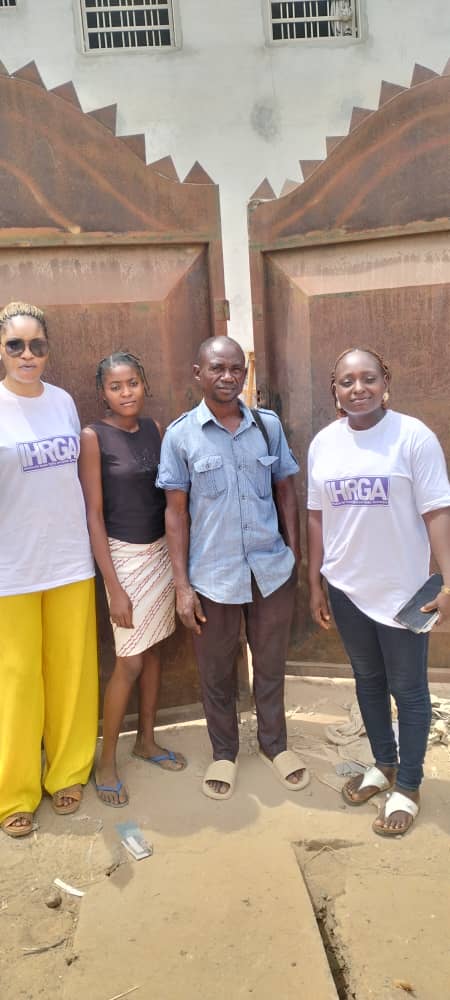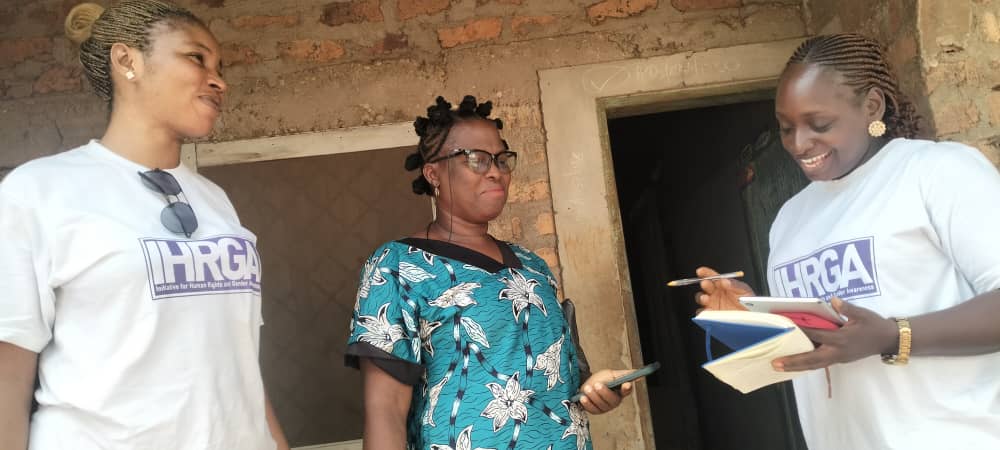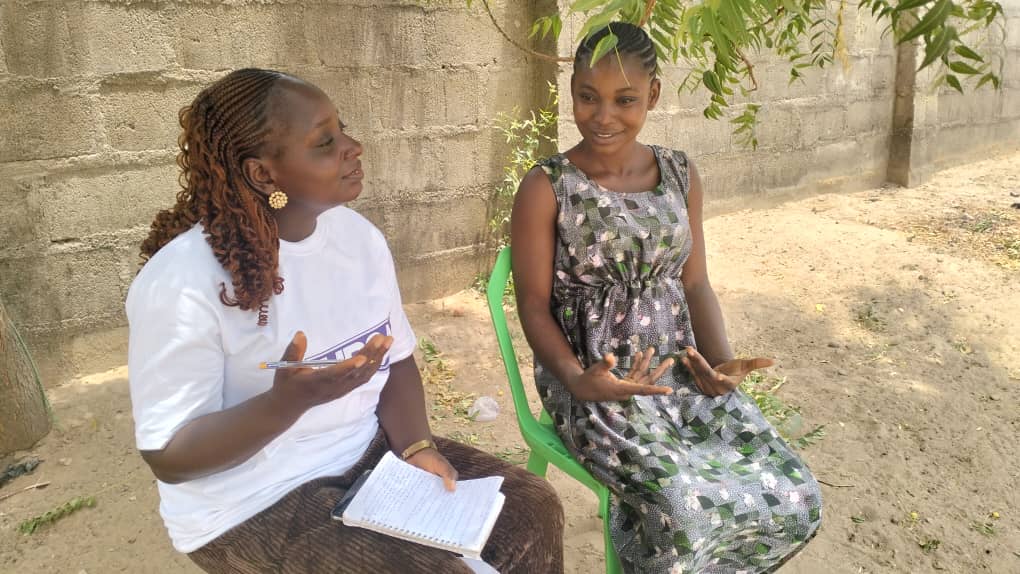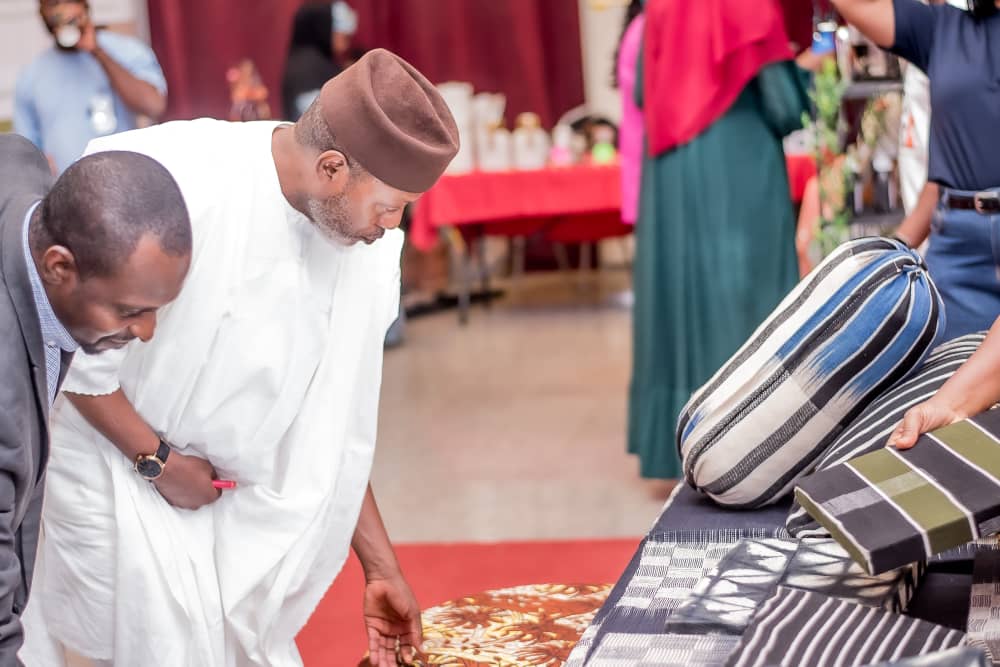The Promoting Climate Resilience through Sustainable Waste Management project addresses the urgent need for effective waste management amid the challenges posed by climate change. As urbanization accelerates and waste generation increases in Benue State, Nigeria, empowering young men and women to transform waste materials into valuable products becomes essential. This initiative not only promotes sustainability but also fosters innovation and economic development within the community.
At the core of this project is a comprehensive assessment of waste management practices in 50 households. Gathering data on current disposal methods aims to identify key areas for improvement. Understanding local waste management will enable the initiative to tailor interventions effectively, ensuring that strategies developed are relevant and impactful.
Central to the project are training workshops designed to engage at least 40 participants in practical sessions focused on upcycling and sustainable consumption. These workshops equip individuals with the skills necessary to creatively repurpose waste materials. Participants learn to transform seemingly useless items into useful products, changing their perception of waste from a burden to a resource. Providing hands-on experience encourages innovative thinking and empowers participants to take control of their waste management practices.
In addition to workshops, the project fosters innovation through idea incubation and mentorship programs. Young men and women have the opportunity to brainstorm and develop innovative waste management solutions tailored to local challenges. This aspect of the project encourages creativity and empowers participants to actively contribute to their community’s economic development.
A robust community awareness campaign serves as another critical component of the project, aiming to educate 200 residents about the importance of sustainable waste management. Through workshops and media outreach, the initiative raises awareness and encourages participation in sustainable practices. Engaging the broader community reinforces the idea that effective waste management is a shared responsibility.
The expected outcomes of the project are substantial. Improved waste management practices lead to cleaner environments and better public health. Participants gain valuable skills in upcycling and sustainable practices, empowering them to implement positive changes in their households. Increased community engagement through awareness campaigns cultivates a shared commitment to sustainability.
Ultimately, the Promoting Climate Resilience through Sustainable Waste Management project seeks to strengthen community resilience by promoting sustainable waste practices that benefit both the environment and local livelihoods. Transforming waste into opportunity, the initiative aspires to create a more sustainable future for Benue State, emphasizing the importance of environmental stewardship for generations to come.





